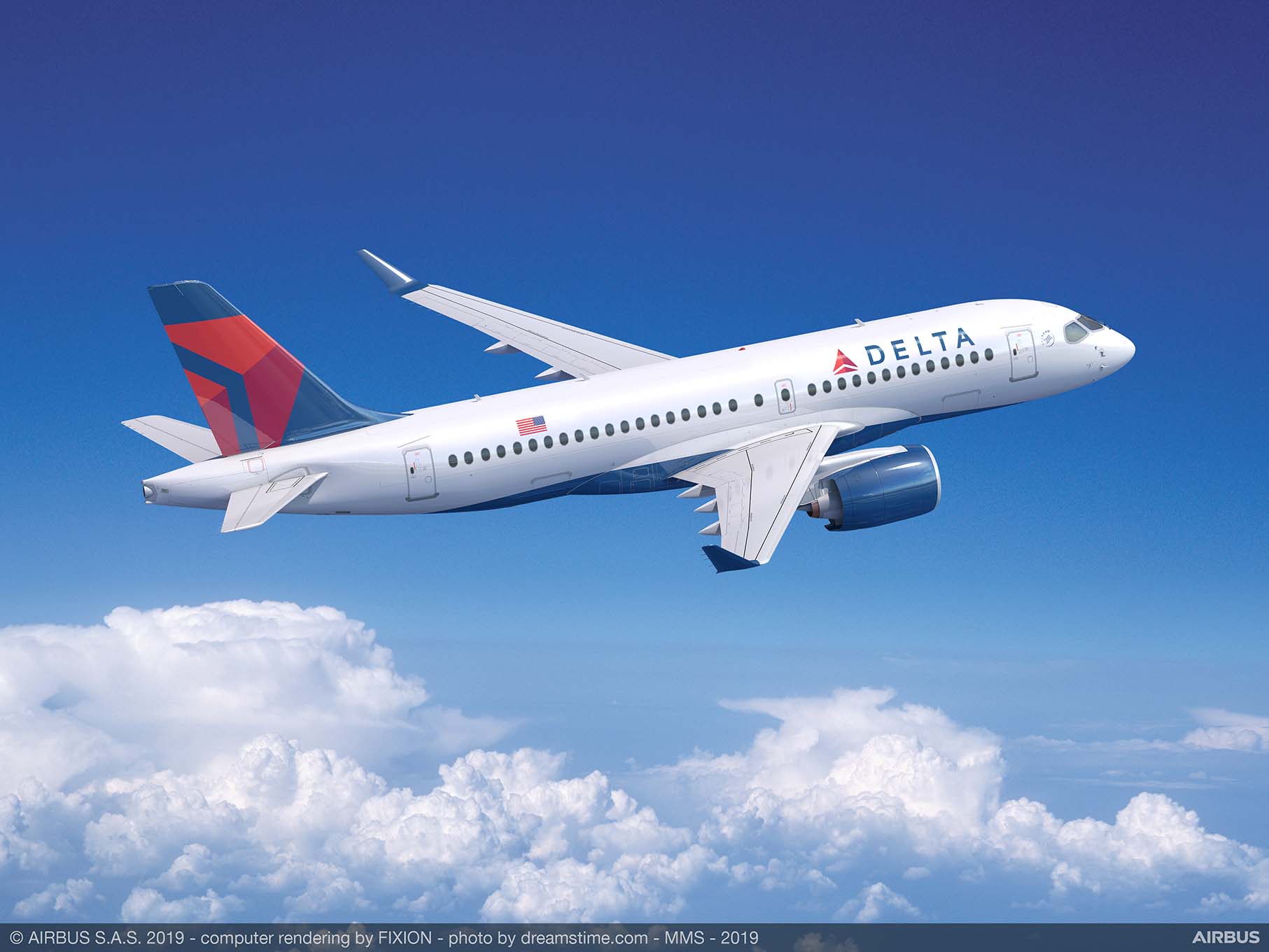Delta Airlines is investing $2 million to research the feasibility of producing biofuel from forest floor debris, as part of its ongoing sustainability commitment.
The company will partner with Northwest Advanced Bio-fuels (NWABF) for the feasibility study of a biofuel production facility to produce sustainable aviation fuel and other biofuel products.
Delta expects the feasibility study to be completed by the middle of 2020. At that time, Delta will evaluate the next steps in moving forward with the project's development.
The sustainable aviation fuel, expected to be produced in a facility in Washington State, could be used in Delta operations at stations in Seattle, Portland, San Francisco and Los Angeles.
Delta has a goal of reducing 50% of its carbon emissions by 2050, as part of the Carbon Offsetting Scheme for International Aviation (CORSIA), which aims to ensure a carbon-neutral growth of the airline industry.
It was the first global scheme by any industrial sector to address its climate change impact and calls for the airline industry to cap carbon output at 2020 levels and to cut emissions to half of 2005 levels by 2050.
Graeme Burnett, Delta's senior vice president - Fuel Management, said: "This single project could provide approximately 10% of Delta's annual jet fuel consumption in the West Coast region and, if successful, could become the blueprint for future projects to support Delta's goal to further reduce its carbon footprint.
"This project has additional environmental benefits because it reduces wood residuals in forests, which can increase potential fire hazards and inhibit future tree growth."

